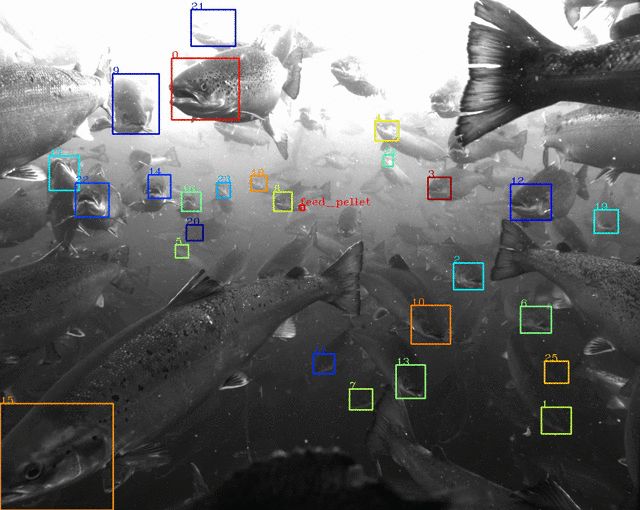Mars Colonization: The Elite’s Next Frontier
For wealthy visionaries aiming to reshape their legacy beyond our planet, establishing a colony on Mars transcends mere speculation; it is a viable objective driven by private advancements, luxurious modifications, and strategic gambles. Although widespread colonization is not imminent, the privileged class is already positioning itself to lead in a Martian era where adventure intersects with exclusivity and survival merges with elegance.

Private Space Partnerships: Beyond State Initiatives
Affluent backers are supporting private aerospace companies that focus on Mars settlement rather than mere exploration. These collaborations are working on creating reusable "luxury landers" equipped with modular living spaces, intended to transport small teams of trailblazers in comfort—envision climate-controlled living quarters, nutritious meals, and even dedicated workspaces. For these wealthy investors, this endeavor goes beyond charitable acts; it represents an opportunity to access the initial Martian communities.
Utilizing Local Resources: Martian Opulence
The secret to establishing a colony on Mars lies in leveraging its natural materials. Projects aimed at the elite are refining methods to extract water from the Martian terrain and transform carbon dioxide into air that can be breathed, as well as 3D-printing shelters using the planet's soil. Picture a Martian residence constructed from the planet’s red dust, complete with indoor gardens nourished by recycled water and solar-powered climate systems. This “in-situ luxury” turns mere survival into a sustainable and even lavish experience.
Health Preparation: Elite Biohacking for Mars
Wealthy candidates chosen for Mars expeditions undertake customized health protocols to adapt to diminished gravity and radiation exposure. Exclusive medical facilities provide tailored exercise regimens to maintain muscle strength, epigenetic treatments to enhance resistance against radiation, and even environments that simulate Martian conditions for acclimatization. For the elite, this process is more than just physical training; it is a progressive health investment that serves as a gateway to another world.

Martian Economy: Early Investment Potential
Progressive affluent individuals are channeling their resources into “Martian startups”—companies innovating everything from interplanetary communication mechanisms to agriculture on Mars. Some are even acquiring “digital land titles” for potential Martian habitats, anticipating a day when owning property on the red planet becomes a symbol of wealth and status. This is not mere speculation; it is a strategic move toward a novel economic realm where the affluent from Earth can expand their reach.
The initial inhabitants of Mars will not merely be survivors; they will be architects of a fresh culture. Wealthy patrons are investing in artistic ventures, literary works, and culinary innovations on Mars, making certain the planet’s community is sculpted by creativity rather than solely necessity. Envision commissioning a Martian-themed art piece for the communal space of the first settlement or sponsoring a chef to create meals with ingredients cultivated on Mars. Such cultural pursuits transform colonization into a heritage of progress.
Progressive Settlement: The Elite Testing Ground
Settlement on Mars will not occur in a rapid manner; however, the affluent will take initiative. Initial private missions will facilitate short-term "research retreats" for wealthy scientists and innovators, eventually evolving into long-lasting residences. These pioneering inhabitants will refine processes for eventual mass migration, converting the unattainable into an expected reality. For those with the means, Mars represents not merely a location; it symbolizes an opportunity to partake in humanity's next remarkable adventure.

(Writer:Weink)





